
Acute gout is rather painful inflammation that most commonly affects only one joint. However, this type of arthritis may also develop in a form of multiple joint inflammation. The goals of the treatment for acute gout attack are prompt pain relief and prevention of further inflammation and potential disability.
Even though symptoms of acute gout attack may withdraw spontaneously within a certain period of time (several days or even a few weeks), treatment with some medications may accelerate healing and reduce unpleasant and sometimes unbearable health issues associated with joint inflammation.
Management of Acute Gout
General measures which should be pursued by all gout sufferers include rest, application of cold compresses and elevation of the affected joint.
Medicamentous treatment includes several groups of medications such as non-steroidal anti-inflammatory drugs, colchicine and corticosteroids. The doctor opts for the most suitable drug according to different factors some of which are contraindications, allergies, risk versus benefits and the gap between the onset of symptoms and the start of treatment. Apart from taking drugs, patients are also advised to make some changes regarding their lifestyles. They are supposed to lose weight (if they are obese), start to exercise and change their diet.
Non-steroidal Anti-inflammatory Drugs (NSAIDs)
NSAIDs represent the first line treatment for gout sufferers. After the first dose of prescribed medication patients experience rapid relief within 24 hours. Most doctors opt for diclofenac, naproxen and Indomethacin. They are not recommended for patients with a high risk of gastrointestinal bleeding.
Colchicine
Colchicine is highly efficient medication for gout. Patients are advised to start with a dose of 1 mg which is slowly increased according to doctor's recommendations. This drug is prescribed in case NSAIDs are not tolerated and is also preferable for patients suffering from heart failure and those who receive anticoagulant medications.
Corticosteroids
Corticosteroids for acute gout treatment may be administered orally or injected intramuscularly, intravenously or directly into the affected joint. They are only prescribed if patients do not respond to NSAIDs or colchicine or the previous two drugs are contraindicated. Doctors generally opt for short courses of lower doses of corticosteroids. The dose usually never exceeds 15 mg per day.
Even though some studies have shown that intra-articular administration of long-lasting corticosteroids is effective, the research is still incomplete and such treatment is not widely accepted. Intra-articular corticosteroids are the best choice for patients suffering from severe gout attack that affects only one joint. Such treatment also has minor side effects and there is low risk of drug interactions.


-Symptoms,-Diagnosis,-Treatment_f_280x120.jpg)
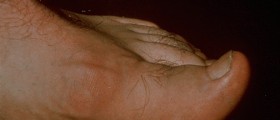
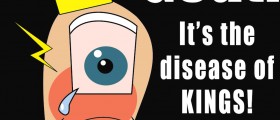
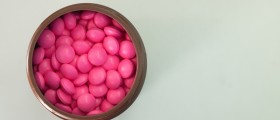




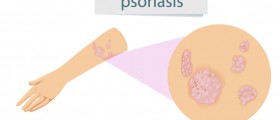


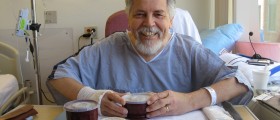



Your thoughts on this
Loading...